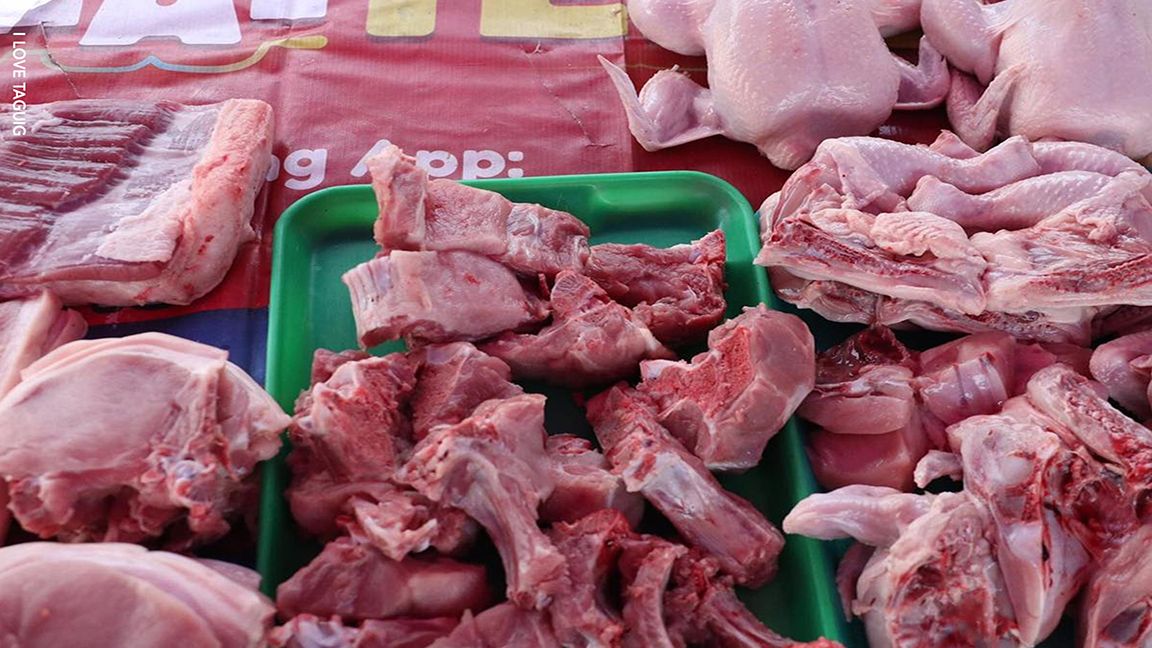The agriculture department is considering reimposing suggested retail prices on local and imported pork and chicken in view of price ticks in the past days, with a heightened demand due to the nearing Christmas season.
THE expected peak demand for meat products—chicken and pork (particularly hams)—during Christmas have sent prices spiraling prompting the Department of Agriculture to decide on reimposing suggested retail prices (aka price ceilings) to ensure that more people can buy these food items.
Agriculture Secretary William D. Dar said he is awaiting a formal recommendation from concerned agencies under him, which he tasked to consult with stakeholders and consumers on the need for SRPs.
Dar said the recent continuous price spirals for locally- produced pork prices is one of the main considerations for the SRP.
“We saw an upward movement in pork prices. Within the week, I will be receiving a formal recommendation this week. There are already ongoing discussions between our operations and livestock groups and consumers group,” he said in a virtual press briefing Monday.
He clarified though that the SRP will apply for both local pork and imported ones.
Agriculture Undersecretary for Consumer and Political Affairs Kristine Y. Evangelista said the retail price of locally pork kasim last week rose by P40 per kilogram to P320 per kilogram from P280 kilogram in October.
For liempo, the price rose by P20 per kilogram to P360 per kilogram from P340 per kilogram.
Christmas factor
“This Christmas season, that is a factor. Besides, our supply is still challenged. The increase in supply due to repopulation is not that huge yet. But with the opening up of the economy, we see that the demand is higher,” he added.
The previous price caps ended April 8 and set the ceiling for kasim at P270 per kilo and P350 for liempo, the PNA reported.
Inflation
The rise in inflation rate in the past months was mainly driven by higher prices of meat due to continued supply deficiency brought by African swine fever (ASF).
In February this year, inflation settled at 4.7 percent. This slowed down to 4.5 percent in March.
Dar said the implementation of a price cap on pork and poultry products has been helpful to slow down inflation rate, but imposing price ceiling and SRP alone will not solve the problem of higher prices of meat.
He added that easing rules on imported meat such as raising the minimum access volume (MAV) for pork and lowering its tariff will address the supply issue in the local market.
Dar said that from February to March this year, a total of 38 million kilograms of imported pork arrived in the country. Of this volume, 18.2 million kilograms were through the MAV and 19.7 million kilograms were outside MAV. This does not include the imported pork for processors which also have MAV allocation, Dar added.
“If Metro Manila is needing 15 million kilos of pork every month, so with the availability now of about 38 million kilos (of pork), this will really further soften the inflation,” the agriculture chief said.
Tags: #DA, #pricecaps, #porkandpoultry, #inflation, #agriculture
